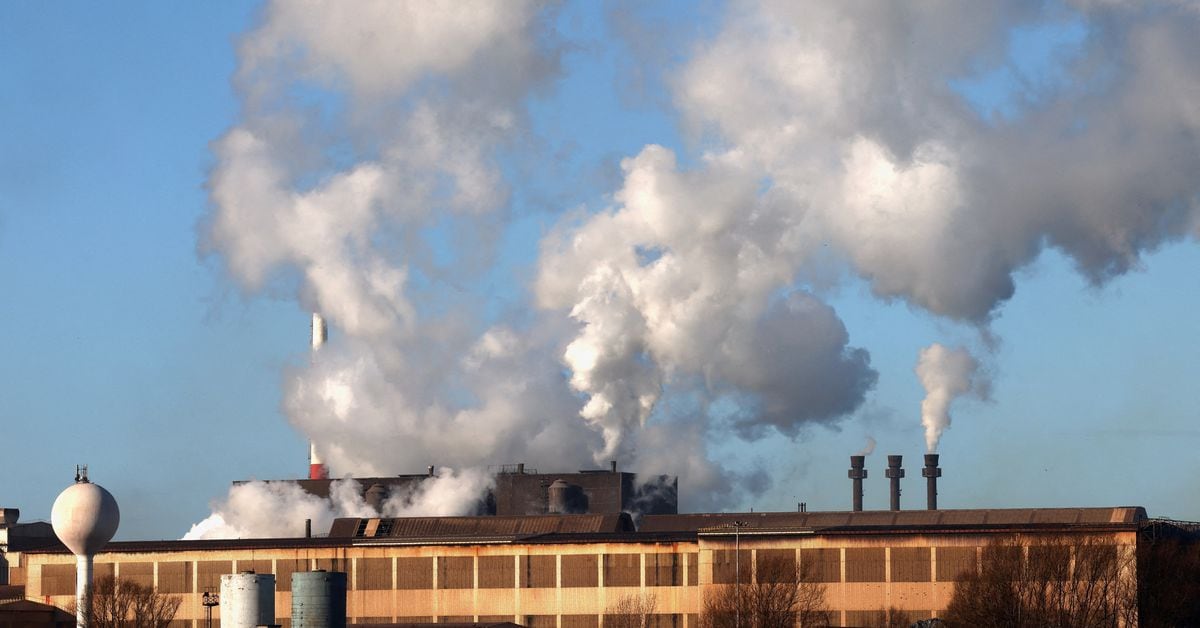Well, that’s not the notable bit. Almost every year has seen increasing global CO2 emissions since the start of the industrial revolution. But what’s interesting is that this year or next year are when global emissions are projected to peak, and then come down. So sometime next year, fingers crossed, we’ll be seeing a different headline.
I’d have expected that we’d passed the peak already tbh. Anecdotally, I’ve seen a hell of a lot more windmills on the road or on barges than I’ve seen actually installed, but still, they’re all on their way to somewhere, and as commonly as I see them being shipped, it feels like they’ve almost definitely have had to start a decline by now…
There IS a really low rate of utilization though I suppose. I’m kinda hoping that’s just a matter of silliness with rules on who gets to sell their power into the grid or whatnot.
And the global population is rising, so probably the carbon footprint per capita is declining but this is offset by the population growth. Plus we (human beings) have embraced a very wasteful lifestyle which doesn’t help. Unfortunately the effects will be felt by our children the most and the future generation.
We’re an addict who won’t stop till we OD.
We say we, but it is really like 200 people responsible for most of it.
This is the best summary I could come up with:
DUBAI, Dec 5 (Reuters) - Global carbon dioxide emissions from burning fossil fuels are set to hit a record high this year, exacerbating climate change and fuelling more destructive extreme weather, scientists said.
The Global Carbon Budget report, published on Tuesday during the COP28 climate summit, said that overall CO2 emissions, which reached a record high last year, have plateaued in 2023 due to a slight drop from uses of land like deforestation.
Countries are expected to emit a total 36.8 billion metric tons of CO2 from fossil fuels in 2023, a 1.1% increase from last year, the report by scientists from more than 90 institutions including the University of Exeter concluded.
The Chinese rise was caused by its economy reopening after COVID-19 lockdowns, while India’s was a result of power demand growing faster than the country’s renewable energy capacity, leaving fossil fuels to make up the shortfall.
The year’s emissions trajectory pulls the world further away from preventing global warming exceeding 1.5 degrees Celsius above pre-industrial times.
Scientists have said more than 1.5C will unleash more severe and irreversible impacts including fatal heat, catastrophic floods, and the death of coral reefs.
The original article contains 430 words, the summary contains 192 words. Saved 55%. I’m a bot and I’m open source!
deleted by creator






